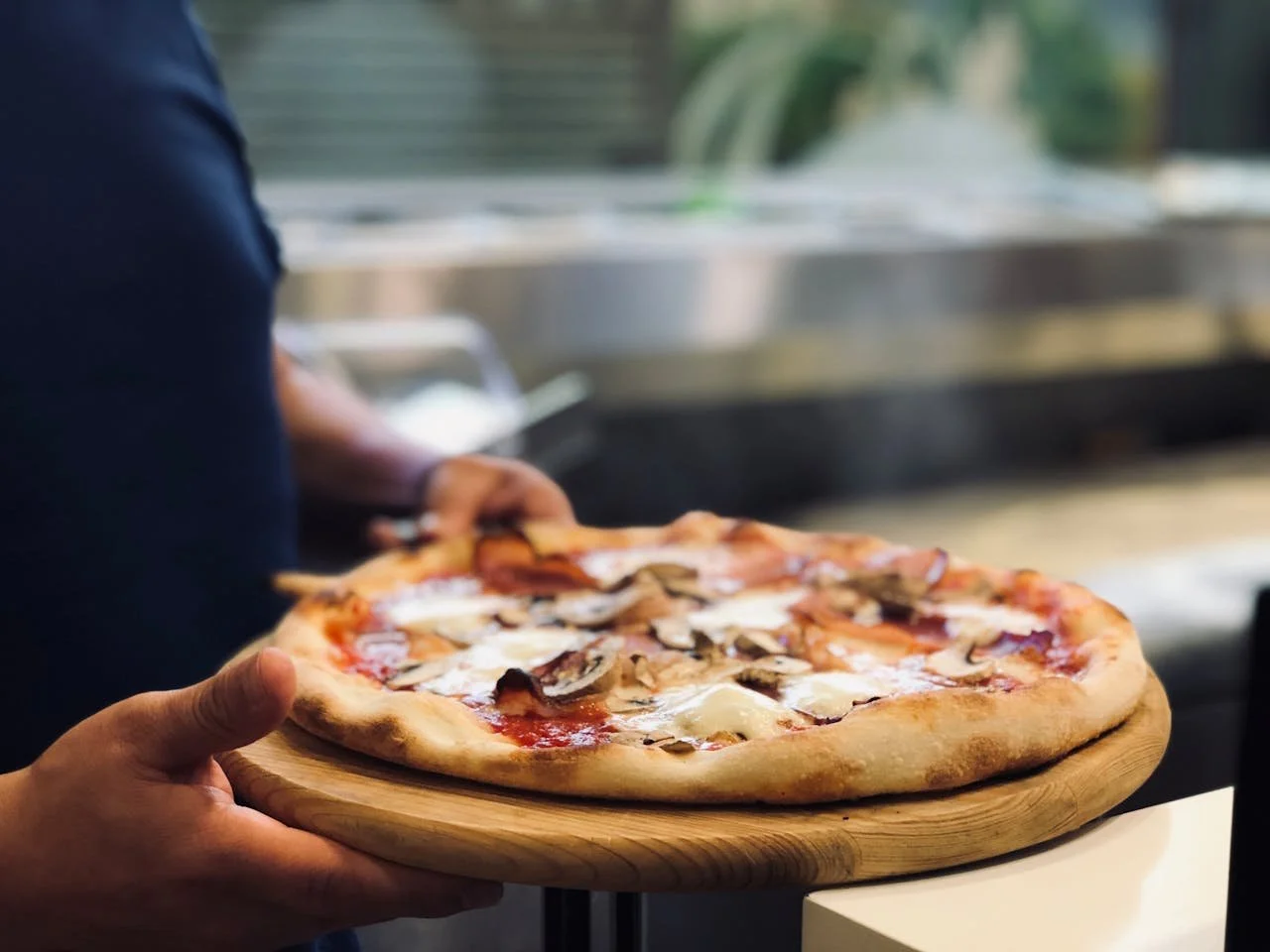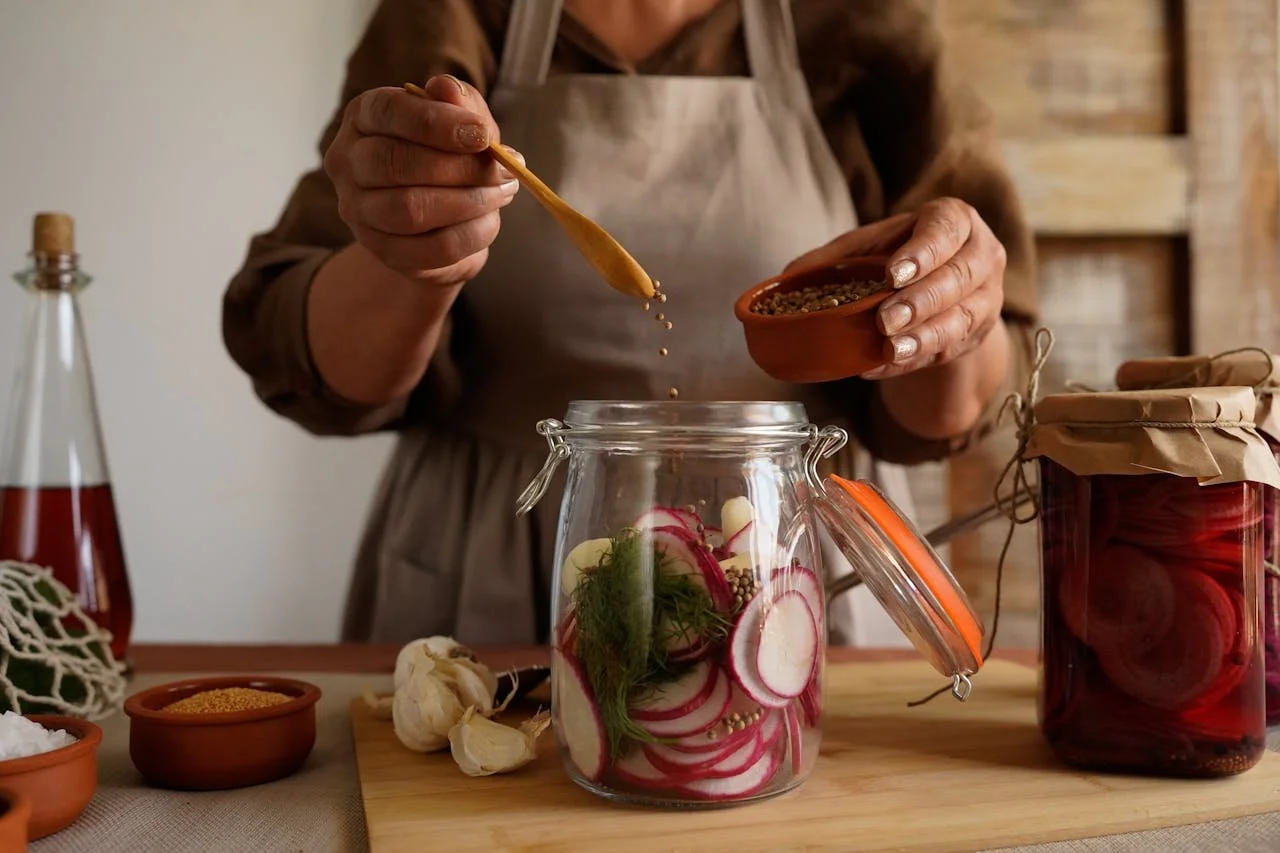The Evolution of a Personal Trainer's Diet (My Story)
This is the transcript of the recent “The Elements of Being” podcast episode, The Evolution of a Personal Trainer’s Diet. You may also listen here…..
I often think of the first twenty years of my life as a biased introduction to the world curated by that period's family, friends, culture, and influences. Despite my passionate connection to psychology today, I never examined my role in that world nor how I interacted with it until later in life. Most importantly, I never examined the self-my self during such a pivotal development span. Although a high school psychology course triggered my interest in mental health, I was more enamored with the study of the underlying influences of OTHER people's human behavior (not my own).
Considering the standard academic and social distractions of a man in his early 20s, most of my exploration in college was the physical body. Like my many male counterparts between the ages of 21-25, I succumbed to the health and fitness trends of pushing the body to the limits at any cost. Along with Arnold Schwarzenegger's dietary guidelines, I employed the amplified versions of the standard American/midwestern diet to amass nearly 25 pounds of muscle. Usually, my meals comprised the meat, dairy, and simple carbs I grew up eating and always loved. A toast taco slathered with butter, parmesan, spaghetti, and a tall glass of whole milk? Yes, please! An entire Tombstone Meat Lovers pizza? I'll take two, por favor! You can imagine I wasn't able to say no to these temptations. It permitted me to eat everything I WANTED with the incentive of a lot of muscle!
Although my 23-inch arms appeared fit, the day-to-day discomfort told a different story. After taking Tums nearly every day for six months, I visited my doctor to seek a medical solution. While the doctor praised my muscle tone, I quickly shifted his tone when he reviewed my blood panel. My triglyceride levels were nearly double the norm (and genetics didn't account for that troubling level), and the doctor recommended taking a statin to lower the number. Also, I learned that my dairy intolerance contributed to my indigestion. I was abusing my body with poor nutrition.
Shortly later, a spasm leashed me to the ground for thirty minutes, and I, consequently, spent the following nights in the hospital for bulging discs in my lower back (L4-L5, L5-S1). While I hope no one else needs to reach this physical low, it became the push I needed to derail an obsessive mindset that blinded my physical awareness. My body was a degrading, inflammatory time bomb, and something had to change.
I asked myself, "What am I trying to optimize here?" and "What is my body's true relationship with food and movement?" Awareness or proper dietary fuel was never part of my language at home or school. I didn't know how to create sustainable change. I did possess an unrelenting curiosity about the mind and body that wouldn't allow my condition to worsen.
Of course, I tried everything I could before changing my diet. I hoped exercise was the answer. Over a year, I experimented with many exercise programs that improved my back condition but didn't affect my digestive comfort or triglyceride levels. Despite my repeated attempts, there was no way around it. My optimal fitness depended on the body I fueled and brought to the gym floor. I had to rethink my eating approach.
After much research, I learned that nothing affects the human body at the cellular level more than a nutrient-dense diet of whole food plants (a far cry from the pasta and German sausage I grew up eating). After a lifetime of the same eating habits, I knew that pivoting from the old to the new physical me would undoubtedly be a significant transition.
Nevertheless, I began my journey and went all in. I became a "human scientist" and studied my emotional, physical, and mental patterns. I quickly discovered how dysfunctional the real "me" was at times. My poor habits seemed hardwired and unchangeable. I fought against the insecurities, fears, and family culture that steered most of my behaviors and choices (the underlying influences on why I often took steps back when I knew the best steps forward). Would the fitness industry push back on my issues regarding the adverse effects of meat, dairy, and supplements? Would I lose business by advocating what's right…not what's most popular or accepted? Would I be ostracized from social functions because of my eating preferences?
Without a doubt, awareness, acceptance, and adaptation were the proper steps to overcome these influences. Armed with this approach, I created an adaptable framework for everything in life, including nutrition, and determined the optimal baseline for my physical body. I became aware of my body's sensitivity to different foods and the continuous state of inflammation and stress that I endured.
With this new awareness, I struggled with acceptance. It took time to accept that I was imperfect and didn't always make perfect decisions. It wasn't easy to accept that my physical boundaries weren't as extended as I thought and that I would need to adopt a new plan to see sustainable change.
I was determined and justified the effort for the long-term health benefits. I finally employed the most appropriate boundaries based on my optimal nutritional needs....not my wants (as I had done most of my life). I began adapting my diet to a whole-food plant diet. It became the baseline of ALL my food choices and the anchor of my meal decisions, which I still make today.
Fast forward to today, I believe every meal should be 100% whole food plants. Many studies and books, including those written by the celebrated authors Dr. Fuhrman and Michael Pollan, scientifically support the health benefits of this approach. Among many vegan, vegetarian, and plant-based social groups, there is a great debate over the proper terminology for this belief, though. I term this approach a "Whole Food Plant Diet," and I integrate a flexible extension of this system, which I named "Whole Food Plant-Based Diet," into my life.
Essentially, whole food plants are the center- the foundation of my meals. Although they are my priority, I allow wiggle room for non-whole plant indulgences (e.g., meat, dairy, processed foods, refined sugars, processed foods, and alcohol). When I do so, I accept the inflammatory and adverse health consequences unapologetically, though. If I see brisket on a menu in Austin, I will order and enjoy it. And yes, I'm drooling right now. Sometimes, that brisket is 5% of the total food on my plate, while at times, it is as high as 40%. Is any of the brisket ideal for my sustainable health? I don't believe so. It isn't the most nutrient-dense option for my health, and the benefits of the protein and iron don't outweigh the effects of the inflammation. That's okay. My brisket choice is an outlier, and I always return to my whole foods plant baseline.
I have determined I can healthfully get away with 10-15% of non-whole food plant choices without compromising my overall inflammation, cholesterol numbers, blood sugar levels, comfort, sleep, and other health indicators. I've designated 75% of my meals as whole food plants. In the remaining seven meals, all meat, dairy, processed foods, and refined sugars don't exceed 25-40%.
All in all, my diet system has helped me (as well as my personal training clients) build the most optimal "self" while satisfying the mental craving "self" at times. While it hasn't been a perfect journey, I couldn't be more thankful for the cues and signals that pointed me in this direction. If you're reading this right now, I hope this article is the cue you need to make the change you deserve today.
ABOUT THE AUTHOR: MICHAEL MOODY, PERSONAL TRAINER
As an author, a personal trainer in Denver, and podcast host, Michael Moody has helped personal training clients achieve new fitness heights and incredible weight loss transformations since 2005. He also produces the wellness podcast "The Elements of Being" and has been featured on NBC, WGN Radio, and PBS.
Michael offers personal training to Denver residents who want to meet at the 2460 W 26th Ave studio….or in their homes throughout LoHi (80206), LoDo (80202), RiNo (80216), Washington Park (80209), Cherry Creek (80206, 80209, 80243, 80246, 80231), and Highlands (80202, 80211, 80212). Michael also offers experiences with a personal trainer in Jefferson Park (80211) and Sloan's Lake (80204, 80212).
If you’re looking for a personal trainer who can curate a sustainable (and adaptable) routine based on your needs and wants, Michael is the experienced practitioner you’ve been looking for. Try personal training for a month…your body will thank you!






























